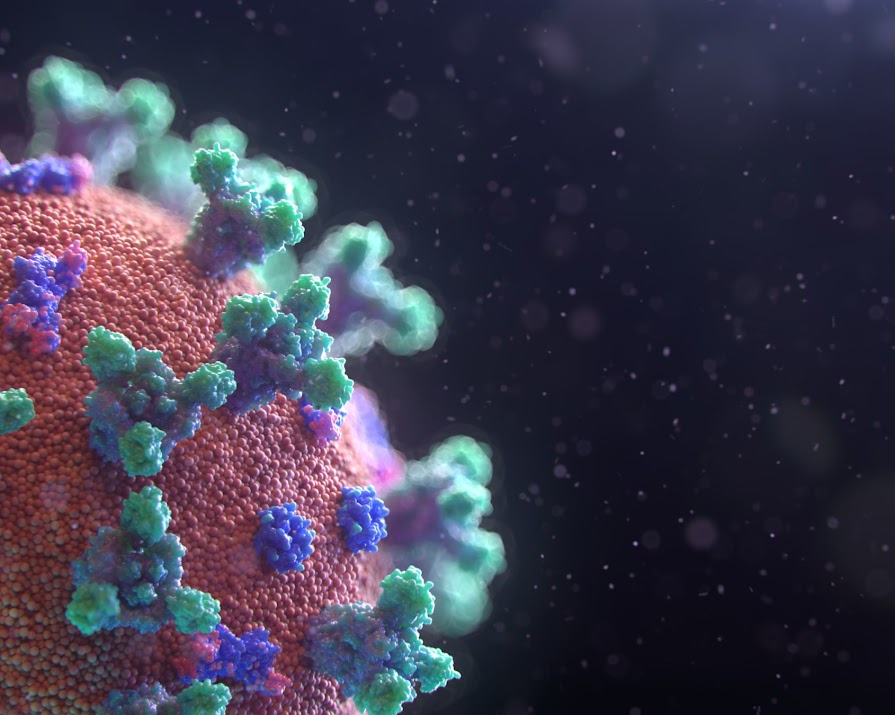New study shows dementia gene increases risk for severe Covid-19 infection
By Shayna Sappington
26th May 2020
26th May 2020
Those diagnosed with dementia may be genetically predisposed to contracting a severe Covid-19 infection, according to a recent study
A new study published in the Journal of Gerontology: Medical Sciences has linked a genetic variant commonly associated with dementia with increased risk of severe Covid-19.
The study’s results came after data from the Office for National Statistics (ONS) revealed Alzheimer’s disease and dementia was the most common main pre-existing condition for people dying of Covid-19 in England and Wales.
Researchers then decided to dive deeper and see if there was a genetic link that could explain the startling statistic that the ONS found.
The ApoE gene
The ApoE gene provides instructions for making the Apolipoprotein E, which is responsible for packaging cholesterol and other fats and carrying them through the bloodstream.
It affects cholesterol levels and inflammation processes and having the e4 variant of the ApoE gene increases the risk of developing dementia and heart disease.
The e4 homozygous genotype (when people carry two e4 genes) in those with European ancestry is associated with a 14-fold increase in the risk of Alzheimer’s disease compared to those with the common e3 homozygous genotype.
Covid-19 and dementia
The new study looked at 500,000 UK Biobank volunteers between the ages of 48 and 86 who tested for Covid-19 between March 16 to April 26, 2020, the peak period of Covid-19 incidence in the current outbreak.
During this period, testing was largely restricted to hospital in-patients with clinical signs of infection, and therefore test positivity is a marker of severe infection.
Of the 383,000 patients with European ancestry, 9,022 people had the homozygous e4 allele (the strongest variation associated with dementia) while over 223,000 had the most common e3 genotype.

622 people tested positive for Covid-19, 37 of the 9,022 with the e4 allele (positivity rate: 410/100,000) and just 401 of the 223,000 with e3 (positivity rate: 179/100,000).
This means that those with the e4 genotype have more than double the risk of contracting severe Covid-19 infection than those of the more common e3 allele.
While the study concluded by encouraging more research on the subject, the genetic link is an important factor when it comes to Covid-19 infection.
Support available
For those struggling with a family member who has been diagnosed with Alzheimer’s disease or dementia, the Alzheimer Society of Ireland has been providing helpful information on their website.
Based on HSE advice on the protection of vulnerable people and to keep staff and volunteers safe, a number of supports and services including Day Care Centres, Support Groups, Social Clubs, Alzheimer Cafes and face-to-face Family Carer Training have been postponed until further notice.
However, their Home Care Service; Dementia Advisers; National Helpline, and Online Family Carer Training are all still running and administration staff are operating from home across the country.
Their website also offers tips for people with dementia and supporting those with dementia in the community, available activities, and supports available from organisations in Ireland during COVID-19.
Read more: Your brain health is just as important as the rest of your body: here’s how to look after it
Read more: ‘The world has adjusted to our normal’ – how it feels to have a child with special needs during Covid-19
Read more: ‘That end-of-the-world feeling has passed, but 9 weeks of lockdown has taken a toll on my mental health’























